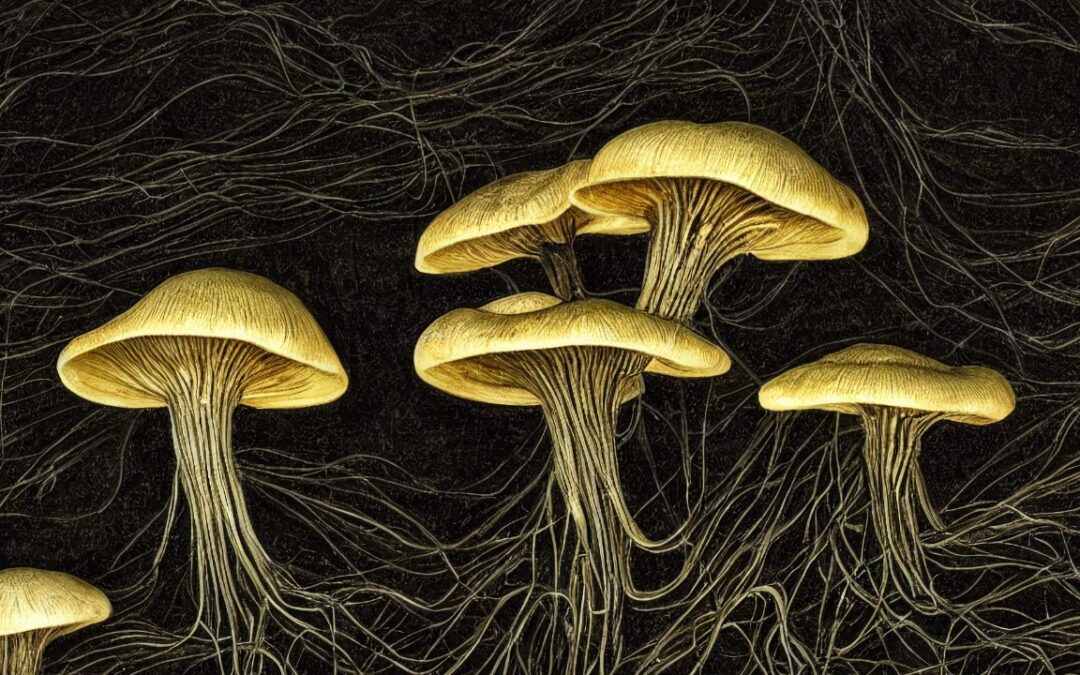Psychedelics have fascinated and intrigued humans for centuries, offering profound and often transformative experiences. In this article, we’ll delve into the science behind magic mushrooms, exploring how they work in the brain and their potential therapeutic applications.
1. Introduction to Psychedelics
Psychedelics are a class of substances that induce altered states of consciousness, often characterized by profound changes in perception, mood, and cognition. While they have been used for spiritual and cultural purposes for millennia, psychedelics have recently garnered renewed interest from researchers and clinicians for their therapeutic potential in treating various mental health conditions.
2. The Chemistry of Magic Mushrooms
Magic mushrooms contain psychoactive compounds known as psilocybin and psilocin, which are responsible for their mind-altering effects. Psilocybin is converted into psilocin in the body and acts primarily on serotonin receptors in the brain, particularly the 5-HT2A receptors. This interaction leads to changes in neural activity and neurotransmitter release, resulting in the psychedelic experience.
3. Effects of Psychedelics on Brain Function
Magic mushrooms exert their effects on the brain in several ways, leading to altered perception, enhanced introspection, and profound shifts in consciousness. Studies using neuroimaging techniques have shown that psychedelics induce changes in brain connectivity and activity, particularly in regions involved in perception, emotion, and self-awareness. These changes are thought to underlie the subjective effects of psychedelics, including visual hallucinations, ego dissolution, and feelings of interconnectedness.
4. Therapeutic Potential of Magic Mushrooms
Research into the therapeutic potential of magic mushrooms has yielded promising results, particularly in the treatment of depression, anxiety, and PTSD. Studies have shown that a single dose of psilocybin can produce long-lasting reductions in symptoms of depression and anxiety, with effects persisting for weeks or even months after the experience. Additionally, magic mushrooms have been found to promote neuroplasticity, or the brain’s ability to reorganize and adapt, which may contribute to their antidepressant effects.
5. Safety and Risks Associated with Psychedelic Use
While magic mushrooms are generally considered safe when used responsibly and in a supportive environment, they do carry certain risks, particularly in individuals with underlying mental health conditions or a predisposition to psychosis. Common psychological effects of psychedelics include anxiety, paranoia, and confusion, although these are typically transient and resolve once the effects wear off. It’s crucial to approach psychedelic experiences with caution, prioritize set and setting, and seek support from trained professionals if needed.
6. Current Research and Future Directions
The resurgence of interest in psychedelics has spurred a wave of research and clinical trials exploring their therapeutic potential. From treating addiction to end-of-life anxiety, magic mushrooms and other psychedelics are being investigated for a wide range of applications. Additionally, researchers are exploring new ways to optimize psychedelic therapy, including personalized dosing regimens and integration practices to maximize the long-term benefits of the experience.
7. Integration and Support
Integration is an essential aspect of the psychedelic experience, involving the process of reflecting on and integrating insights gained during the journey into daily life. Therapists and facilitators play a crucial role in supporting individuals through this process, providing guidance, validation, and a safe space to explore and process their experiences. Additionally, there are various resources available for individuals seeking support and community, including psychedelic integration therapists, peer support groups, and online forums.
Conclusion:
In summary, understanding the science behind magic mushrooms offers valuable insights into their potential therapeutic applications and the mechanisms underlying their effects on the brain. As research continues to advance, psychedelics hold promise as a powerful tool for promoting mental health and well-being, offering new avenues for healing and personal growth.

